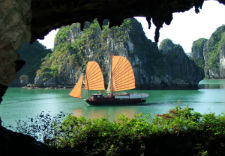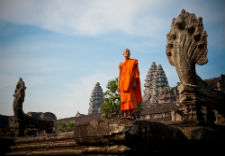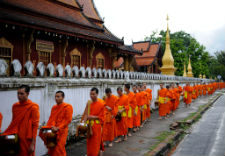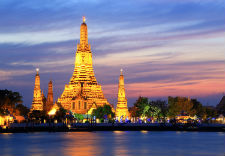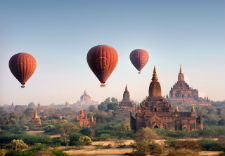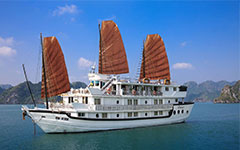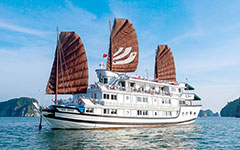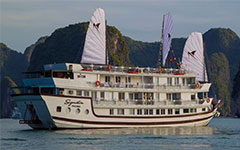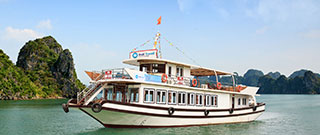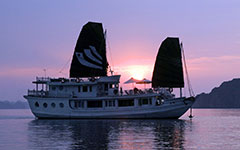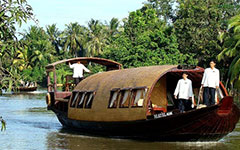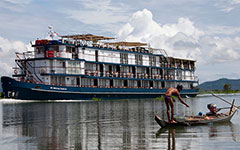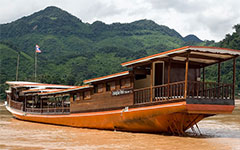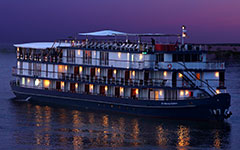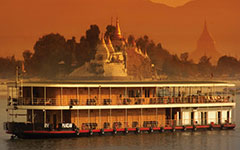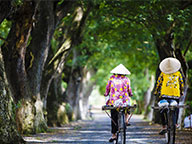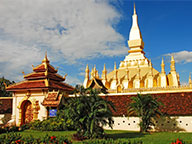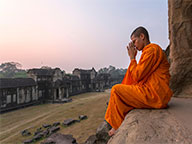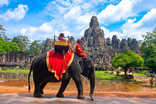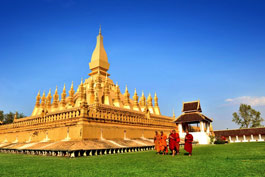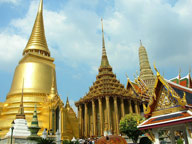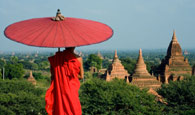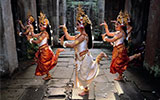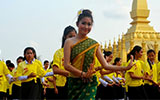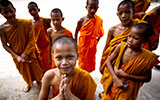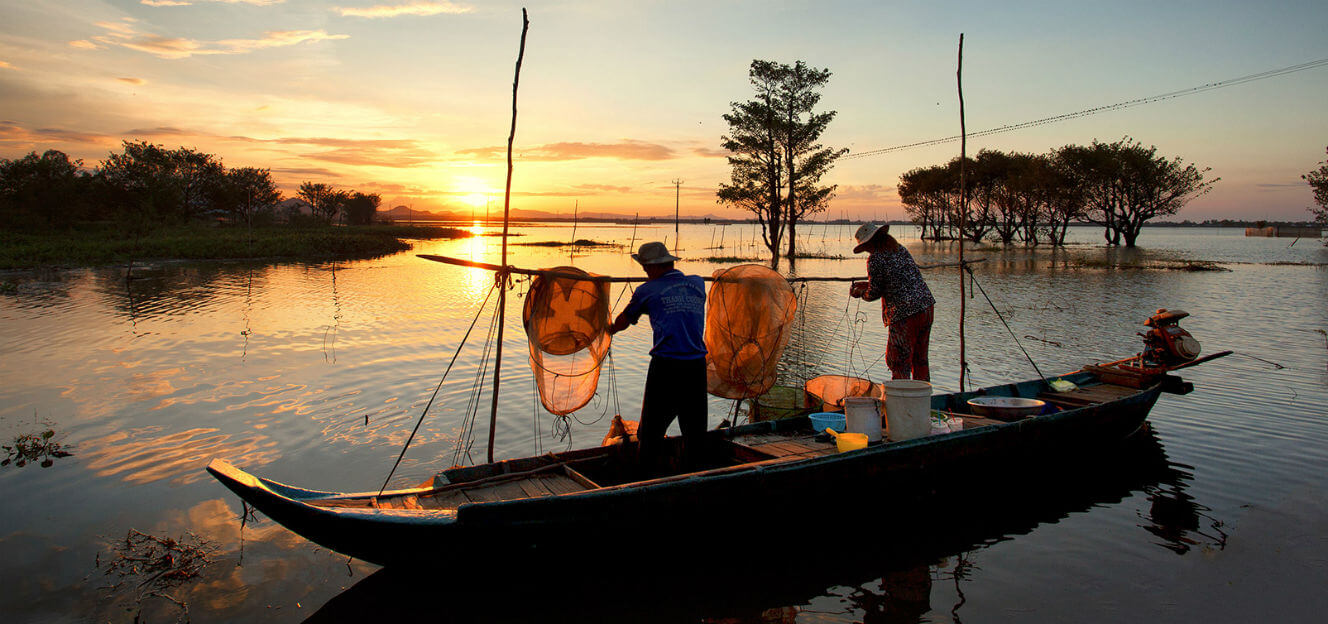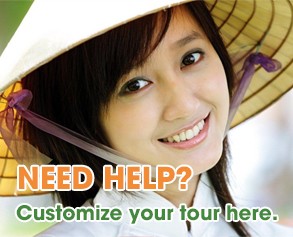Travel Insurance
Why get travel insurance?
Organising travel insurance is an essential part of preparing for your overseas trip. If you are uninsured, you (or your family) are personally responsible for covering any medical or other costs resulting from unexpected incidents or accidents.
You should make sure your travel insurance covers all medical expenses for injury or illness, as well as theft of valuables, damage to baggage and cancellations or interruptions to flight plans. Accidents can happen to anyone, and medical costs overseas can reach hundreds of thousands of dollars. Travellers have faced financial hardship to cover these costs when things go wrong.
Your Government won't pay for your medical treatment overseas or medical evacuation to your country or a third country. Travellers without travel insurance are personally liable for covering any medical and associated costs they incur.
Even if you are fit and healthy, don’t travel without health insurance – accidents do happen. Declare any existing medical conditions you have – the insurance company will check if your problem is pre-existing and will not cover you if it is undeclared. You may require extra cover for adventure activities such as rock climbing. If your health insurance doesn’t cover you for medical expenses abroad (emergency evacuation is expensive; bills of over US$100, 000 are not uncommon), you should get travel insurance. The travel insurance we recommend is very flexible: you can buy, extend and claim online from anywhere in the world 24/7, even if you've already left home.
You should find out in advance if your insurance plan will make payments directly to providers or if they reimburse you later for overseas health expenditures. (Note that in many countries doctors expect payment in cash.) Some policies offer lower and higher medical-expense options; the higher ones are chiefly for countries that have extremely high medical costs, such as the USA.
You may prefer a policy that pays doctors or hospitals directly rather than you having to pay on the spot and claim later. If you have to claim later, make sure you keep all documentation. Some policies ask you to call back (reverse charges) to a centre in your home country where an immediate assessment of your problem is made.
